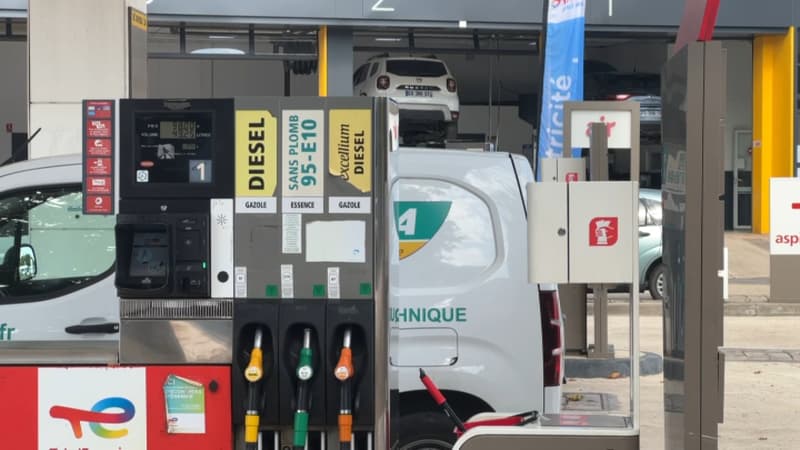Motorists can take a breather. If prices at the pump remain high, the latest figures published by the Ministry of Ecological Transition are quite reassuring, as gasoline and diesel were both below 1.80 euros per liter.
In detail, unleaded 95-E10 stood at 1.78 euros per liter last week (–3.6 cents compared to the previous week), its lowest level since the beginning of the year. A price identical to that indicated for diesel (- 2 cents).
Chinese demand at half-mast
How can we explain this decline even though the conflagration in the Middle East since the Hamas attack on October 7 could make us fear the worst? On the one hand, many retail brands have established cost-price sales operations. The effect of these measures, however, remains limited, with sectoral margins estimated between one and two cents per liter. And this, especially because mass distribution has ignored the request of the government, which hoped that the stations could sell fuel below the purchase price.
You also have to look at the price of a barrel of Brent. If the latter reached its highest level of 2023 (93.72 euros) in September, it fell again last week to around 70 euros, more than 12 euros below its annual average. This drop is related to weak demand from China, the world’s largest importer of crude oil, but also to contradictory signals sent by Europe and the United States.
Green lights, uncertainties in the Middle East
For consumers, it is now a question of whether this drop in prices at the pump will last. For many specialists, the light is green despite some uncertainties. The sclerotic economic outlook for the world’s second-largest economy invites optimism. Despite 1.3% growth in the third quarter compared to the previous period, few believe that Chinese demand will recover again soon.
Another positive point: the meeting of the OPEC+ oil-producing countries, initially scheduled for Sunday, November 19 and postponed to Thursday, November 30, should not have any influence on the price of a barrel. A restriction on the production of black gold is no longer planned. Concerns focus almost exclusively on the Middle East. An extension of the conflict, for example with an intervention by Iran, could bring back memories of the 1973 crisis.
Source: BFM TV


